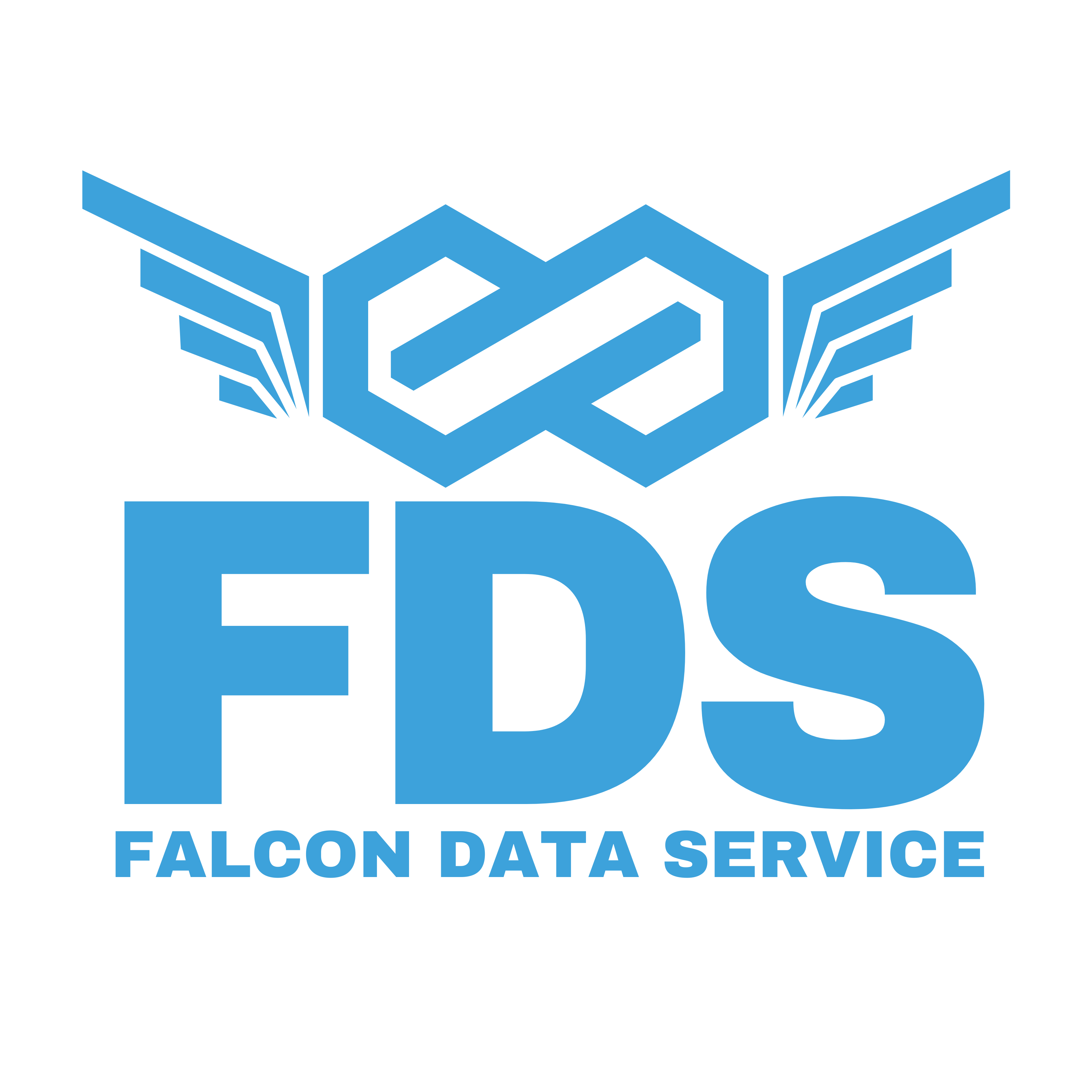Truck Stop Feasibility Study
Feasibility Studies for Truck Stops, Travel Centers & Fuel-Retail Hubs
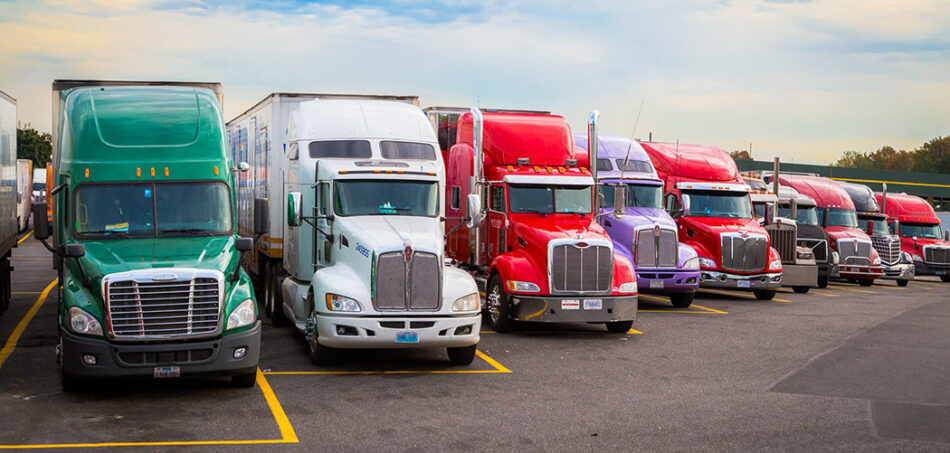
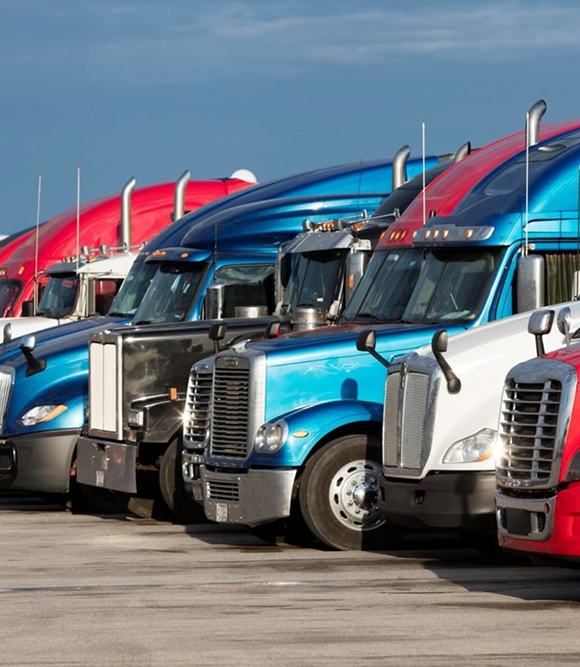
Drive Strategic Insight for Your Truck Stop Investment
At Falcon Data Service, we specialize in delivering thorough truck stop feasibility studies tailored for new developments, expansions, acquisitions or repositioning of truck stop / travel center sites. Our lender-ready reports are designed to support SBA 504, SBA 7(a), USDA B&I, and commercial financing applications. They give you the robust data required to assess truck traffic flows, fuel and diesel sales, site selection, and long-term return on investment.
With our deep expertise in highway-oriented retail, fuel logistics, trucking market dynamics and site development, we evaluate every key dimension — from the traffic corridor and diesel volume capture to convenience store operations, rest facilities, fueling infrastructure, and financial modelling.
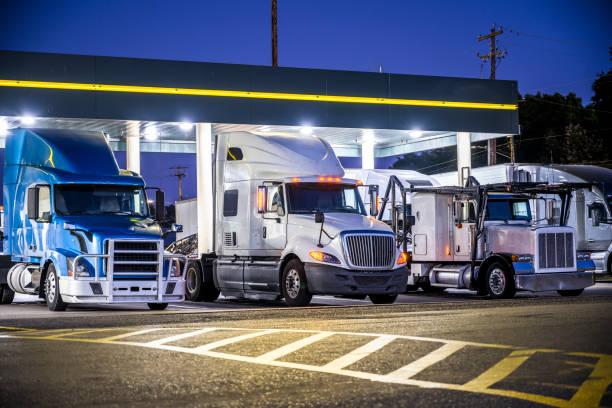

Why a Truck Stop Feasibility Study Is Critical
Before moving ahead with a truck stop project, you need more than a decent piece of land. A high-quality feasibility study identifies whether your venture can operate sustainably by answering questions such as:
- Does the highway, interchange or corridor carry sufficient heavy-truck traffic to support diesel fueling, parking, service bays and amenities?
- Is the competitive environment mapped (existing travel centers, new builds, national chains) and how will your site differentiate and capture share?
- Will the site provide proper access for large trucks, sufficient parking, utilities, fuel tanks, and infrastructure for convenience retail & QSRs?
- Are projected fuel gallons, inside-store sales, truck parking fees, and ancillary services (car/truck wash, repair bays) realistic?
- Will the financial performance satisfy lender-friendly criteria (DSCR, breakeven analysis, sensitivity testing)?
A well-prepared truck stop feasibility study strengthens your development plan, supports loan underwriting, and puts you on a path for success — not guesswork.

What’s Included in Our Truck Stop Feasibility Study
Below is the statement of work typically included in our truck stop feasibility study engagements:
1. Executive Summary
- Project description: location, fuel & diesel infrastructure, retail and service amenities, truck parking and turnaround
- Loan request summary: type (SBA, USDA, commercial), amount, term
- Project cost summary: land, fuel infrastructure, pumps/canopy, convenience store/QSR, parking, wash/repair bays
- Key findings and our high-level recommendation
2. Economic & Site Feasibility
- Site description: parcel size, site maps, zoning, flood zone status, utilities and infrastructure, visibility and access for heavy trucks
- Traffic counts and truck volume data, roadway service, neighborhood context, radius demographics
- Truck parking and overnight stay demand assessment, labor market overview (service bays, store employees)
- Summary of site suitability, along with critical risk factors
3. Market Feasibility
- National and regional truck stop and travel center industry overview (diesel demand, heavy-duty corridors, fleet behavior)
- Local competitive analysis: existing truck stops, under-construction sites, major trucking routes and rest-area alternatives
- Traffic capture rates, diesel & fuel gallons sold estimates, inside-store revenue (fuel retail, convenience store, QSRs), seasonality effects
- Conclusions on market opportunity and competitor positioning
4. Technical Feasibility
- Site suitability for heavy-truck fueling, repair bays, convenience retail, truck wash and service areas
- Infrastructure cost estimates (fuel tanks, pumps, canopy, parking, wash bays)
- Environmental/regulatory review: permitting, fuel-storage regulations, truck-parking requirements, signage, access
- Replication risk (risk that other truck stops may dilute volumes) and mitigation strategies
- Summary of technical viability and any major operational risk
5. Financial Feasibility
- Pro forma assumptions: estimated fuel/diesel volumes, truck parking fees, convenience store and service bay revenues, average ticket size
- 10-year pro forma model including revenue, operating expenses, cash flows
- Discounted Cash Flow (DCF), Internal Rate of Return (IRR) over 3, 5, 7 and 10-year hold periods
- Debt Service Coverage Ratio (DSCR), breakeven and sensitivity analyses (lower fuel volume, higher cost scenario)
- Conclusion: key financial metrics and risk/return summary
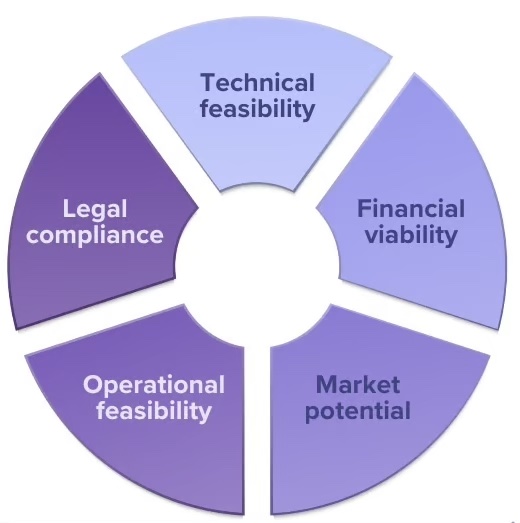
Why Choose Falcon Data Service?
- Nationwide Coverage — We conduct truck stop studies in all 50 states.
- SBA / USDA Compliant Reports — Trusted by lenders for loan underwriting.
- Real-World Data Sources — We use verified demographic, traffic, and competitor analytics.
- 17+ Years of Experience — Specialized experience in truck stop feasibility studies, site analysis and market forecasting.
- Proven Results — Clients use our reports to confidently obtain funding and move forward with development.
Major Metropolitan Areas Served
Falcon Data Service provides bank-ready feasibility studies nationwide, including projects across many of the U.S.’s largest metro areas such as:
- Northeast: New York City, Philadelphia, Boston, Washington DC, Baltimore, Pittsburgh
- Southeast: Atlanta, Miami, Orlando, Tampa, Jacksonville, Charlotte, Raleigh–Durham, Nashville
- Midwest: Chicago, Detroit, Minneapolis–St. Paul, St. Louis, Milwaukee, Columbus, Cleveland, Cincinnati, Indianapolis, Kansas City
- South / Texas: Dallas–Fort Worth, Houston, Austin, San Antonio, El Paso
- Southwest / Mountain: Phoenix, Las Vegas, Denver, Salt Lake City, Albuquerque
- West Coast: Los Angeles, San Diego, Riverside–San Bernardino (Inland Empire), San Jose, San Francisco, Sacramento, Seattle, Portland
Typical Timing & Investment
- Report completion: typically 10–15 business days once required data is submitted; rush delivery can be available in as little as 5 business days.
- Investment: the cost generally ranges from USD 3,500 to USD 10,000, depending on project complexity and scope.

Take the Next Step
Ready to move your project forward with confidence? Contact Falcon Data Service today to schedule a consultation or receive a sample report. Let us prepare a bankable feasibility study that supports your financing strategy and investment vision.

